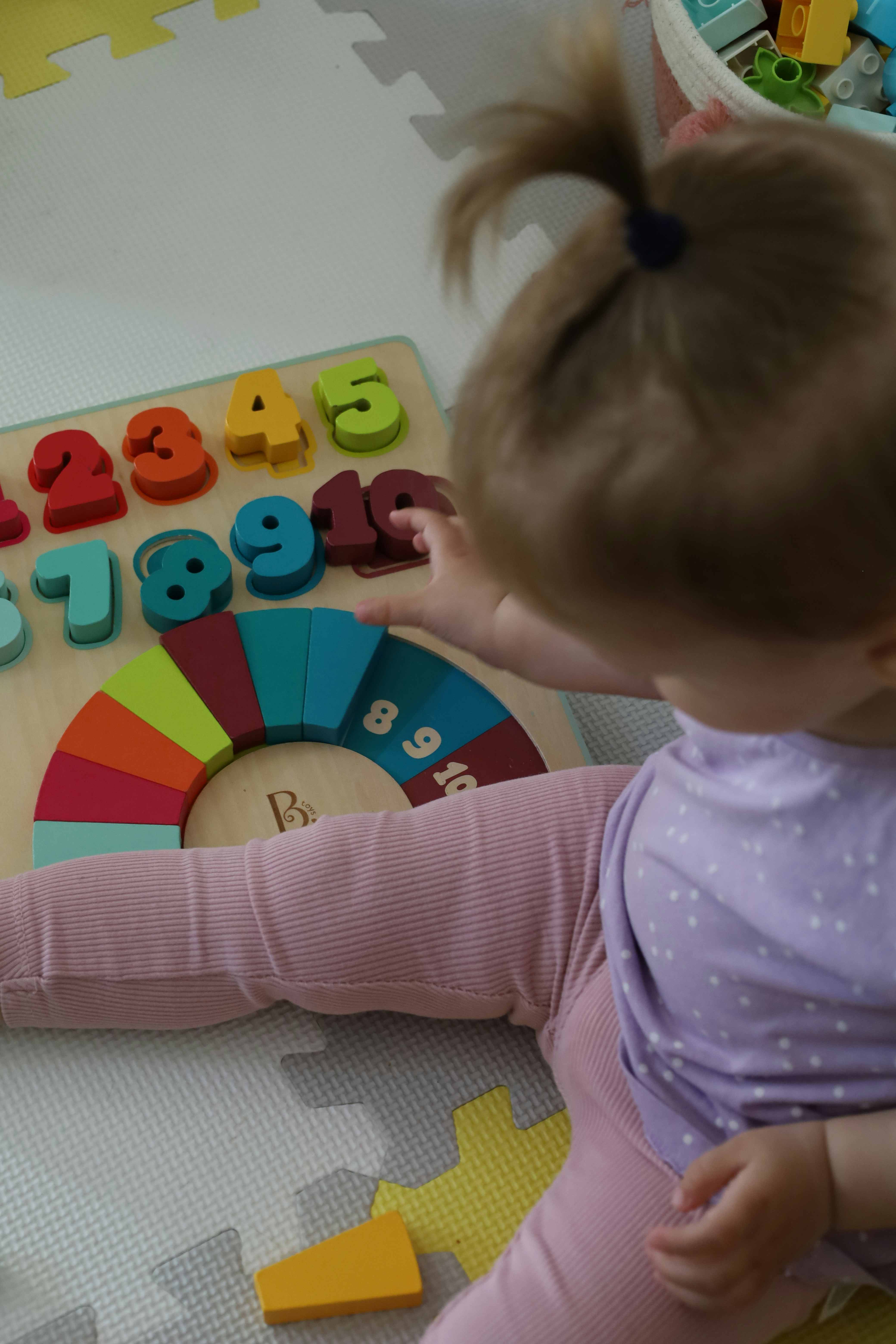A Comprehensive Guide for Parents and Carers: Your Go-To Resource
August 1, 2024 | by Sonya Dunkley
 Photo by Toa Heftiba on Unsplash
Photo by Toa Heftiba on Unsplash Parenting Tips and Child Development Insights
Parenting is a multifaceted journey that traverses the unique development of each child and the evolving demands on parents or carers. The style of parenting you adopt can significantly influence your child’s growth and development. Authoritative parenting, often considered the ideal approach, balances firm boundaries with ample affection and open communication. Unlike permissive parenting, which allows significant freedom and lenient discipline, authoritative parenting fosters independence while ensuring children grow up with a clear understanding of rules. Conversely, uninvolved parenting, marked by minimal interaction, can be detrimental, leading to lack of guidance and emotional support.
Engaging in family-friendly activities creates valuable bonding moments and supports a child’s social, cognitive, and physical development. Outdoor parks are excellent for physical play and social interaction, while educational museums can stimulate curiosity and learning in an enjoyable setting. Creative indoor spaces, such as art studios or libraries, offer environments that nurture imagination and intellectual growth.
Nourishing your child’s body is just as important as nurturing their mind. Healthy food suggestions include balanced meals rich in vegetables, fruits, whole grains, and lean proteins. Nutritious snacks like yogurt, berries, nuts, and whole-grain crackers can cater to your child’s dietary needs, ensuring they maintain energy levels and focus throughout the day. Meal planning can make it easier to provide consistent, nutritious options.
Hair care for children varies significantly depending on hair type. For children with curly hair, using sulfate-free shampoos and deep conditioners can maintain moisture and prevent breakage. Straight-haired children might benefit from regular trims and lightweight hair oils to keep their locks smooth and healthy. Establishing a hair care routine early can promote scalp health and prevent future issues.
Education plays a pivotal role in your child’s development. Choosing the right school involves consideration of the institution’s values, curriculum, and the learning environment. Supporting homework not only enhances learning but also shows your involvement and interest in your child’s education. Creating a conducive learning space at home, free of distractions, can further enrich your child’s educational experience.
Handling challenging behaviors is part and parcel of parenting. Managing tantrums effectively involves staying calm, setting consistent boundaries, and understanding the underlying causes of such behaviors. Building emotional resilience in children helps them navigate life’s ups and downs, promoting long-term mental well-being. Encouraging positive behavior through affirmative reinforcement can foster a harmonious and respectful home environment.
Self-Care and Lifestyle Tips for Parents and Carers
Parenting and caregiving are significant responsibilities that demand both physical and emotional investments. However, amidst these obligations, it is paramount for parents and carers to prioritize their own wellbeing. Self-care is not just a luxury but a necessity for maintaining a healthy family environment. Starting with simple self-care tips can set the foundation for greater overall wellbeing.
Begin by integrating relaxation techniques such as deep breathing exercises, yoga, or meditation, into your daily routine. These practices can significantly reduce stress and improve mental clarity. Additionally, finding time for hobbies—whether it’s reading, gardening, or painting—provides an essential outlet for personal expression and rejuvenation. Physical activities, like jogging or participating in group fitness classes, not only boost physical health but also enhance mood through the release of endorphins.
Mindfulness practices play a crucial role in enabling parents to be fully present and engaged. Consider incorporating short, mindful moments throughout the day, involving techniques like mindful eating or short, focused breathing exercises. These can help ground you and improve your connection with your children and other family members.
Maintaining a healthy work-life balance is also vital. Establish clear boundaries between work and family time to ensure that professional responsibilities do not overshadow personal interactions. This can be achieved through effective time management and, where possible, utilizing flexible working arrangements.
Engaging with various forms of media tailored for parents can also serve as a delightful and enriching escape. Books, movies, and podcasts focused on parenting, personal development, or simply for entertainment can provide much-needed moments of relaxation and reflection. Joining parental support networks, whether local or online communities, can offer invaluable support, as sharing experiences and advice fosters a sense of solidarity and encouragement.
Ultimately, ensuring that you take care of yourself allows you to be more present, patient, and effective in your parenting role, contributing to a more positive and nurturing family environment. Prioritize your wellbeing, knowing that a happy and well-care-for parent is essential for a thriving family life.
RELATED POSTS
View all



